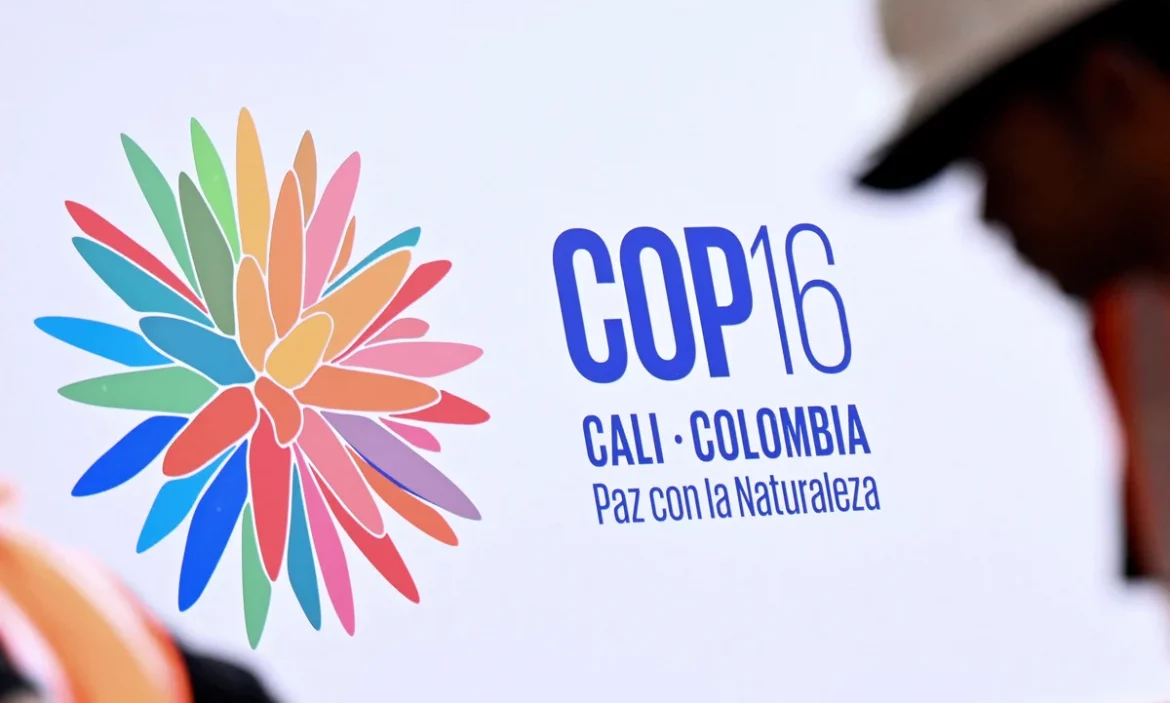World leaders, environmental activists and prominent researchers have started arriving in Cali, Colombia, for a biodiversity summit that experts say will be decisive for the fate of the world’s rapidly declining wildlife populations.
According to latest information, the host nation is also hoping that the summit, which formally opens on Sunday evening, will be the most inclusive in history.
“One of Colombia’s objectives is that this is recognised globally as the Cop of the people, where citizens, afro-descendant and campesino communities, Indigenous peoples, scientists, social actors and all sectors are heard and have a broad participation in the discussions,” said Susana Muhamad, Colombia’s environment minister. “This means managing to mobilise the entire government and society in order to contribute to the care of biodiversity.”
The Cop16 UN biodiversity summit is expected to welcome 190 countries and 15,000 people with the goal of protecting the world’s flora and fauna. Ecologists warn ecosystems are reaching an inflection point where the extinction of species could begin to accelerate.
Gustavo Petro’s government is pushing for Indigenous people to have more of a role in protecting Colombia’s ecosystems and has said they will be at the centre of Cop16.
The environment ministry announced earlier this week that it will create Indigenous-led environmental authorities with public powers that settle Colombia’s “historical debt” with native communities.
Read also: Research shows smoke pollution from wildfires may be killing over 12,000 people yearly
Indigenous groups have praised the move to empower them to defend their ecosystems.
Some, however, have less confidence in Cop16’s promises of inclusion, including the creation of an area known as the green zone, which civil society groups, the private sector and the general public are being encouraged to attend. The green zone will host 1,000 events, including panels, workshops and musical performances, from 21 October to 1 November.
Harol Ipuchima, representative of Colombia’s Indigenous groups at Cop16 and the leader of the Maguta people in the Amazon, said the government’s narrative of inclusivity distracted from the fact that Indigenous peoples still have no significant involvement in the world’s decision-making process on the environment.
“It sounds nice but it is all superficial, really,” he said. “Out of everyone in the entire world, we are the ones who are the most knowledgable about conservation and how to live in harmony with our ecosystems, yet we remain observers. We are still in the same position as we have been for decades where we have to shout at politicians to protect the environment but have no vote.”
Making the Cop16 open to everyone could be a powerful way to engage those who are concerned about the global decline in biodiversity but do not know how to do something about it, said Ximena Barrera, director of government affairs and international relations at WWF Colombia.
Story was adapted from the Guardian.
